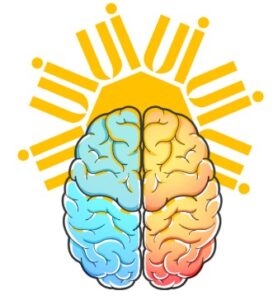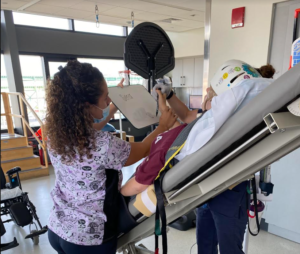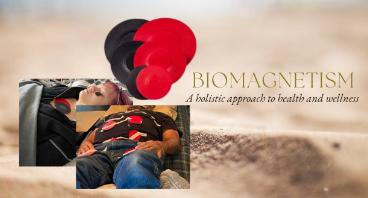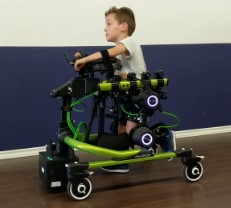On this page
What Is A Brain Injury

Traumatic Brain Injury In Broader Terms
Traumatic brain injury (TBI) happens when a sudden, external, physical assault damages the brain. It is one of the most common causes of disability and death in adults. TBI is a broad term that describes a vast array of injuries that happen to the brain...
Rehabilitation

The healing journey.
According to the CDC, the leading cause of TBI is falls, particularly for young children and adults over 65. Other common causes of TBI include accidental blunt force trauma, motor vehicle accidents, and violent assaults.
If you have experienced a TBI, rehabilitation (or rehab) will be an important part of your recovery...
Sibling Support

Regaining Equilibrium: Understanding the Process of Sibling Adjustment to Pediatric Acquired Brain Injury
For decades, researchers have been documenting the negative impacts of acquired brain injury (ABI) on families, but have generally overlooked the unique needs and experiences of siblings. Siblings share a common family history, activities, and cultural background, and are thus vulnerable to disruption following ABI...
Alternative Support

The Brain's Response: What Art Does For Your Brain
“When you experience virtual reality, read poetry or fiction, see a film or listen to a piece of music, or move your body to dance, to name a few of the many arts, you are biologically changed,” write Magsamen and Ross. “There is a neurochemical exchange that can lead to what Aristotle called catharsis, or a release of emotion that leaves you feeling more connected to yourself and others.”...
Therapies

Therapeutic Interventions
There are many therapeutic interventions that can help a brain injured person advance their recovery. There is not a "one size fits all approach" because every injury is individualized, but there is hope in finding therapies that show improvement through evidence-based data.
Throughout our journey, we have uncovered numerous therapies that we are delighted to share with you. Continuously seeking to expand our range of resources, we encourage providers or recipients of effective therapies to reach out to us.
Adaptive Equipment

Finding the right balance between assistance and dependence.
Following a TBI, the areas of the brain responsible for voluntary motor control can become damaged which may lead to muscle weakness, limited mobility, and decreased coordination. While survivors work on improving mobility through physical and occupational therapy, adaptive equipment can help individuals compensate for their deficits and complete daily tasks more independently.
